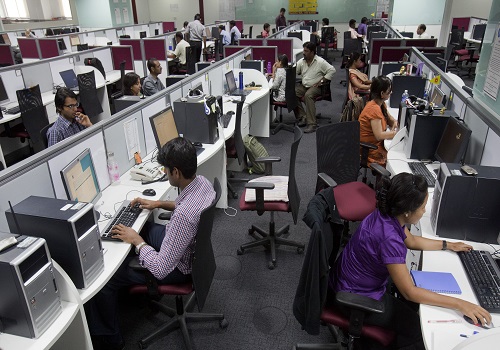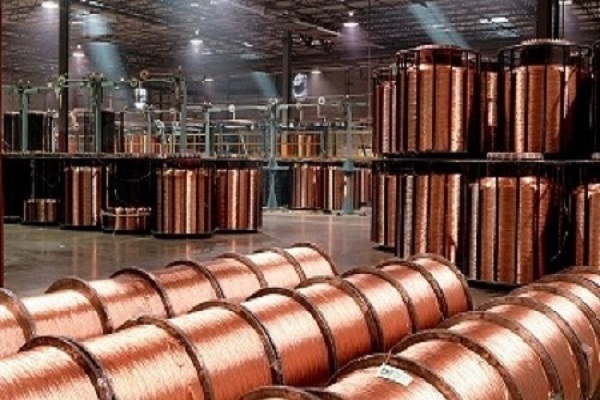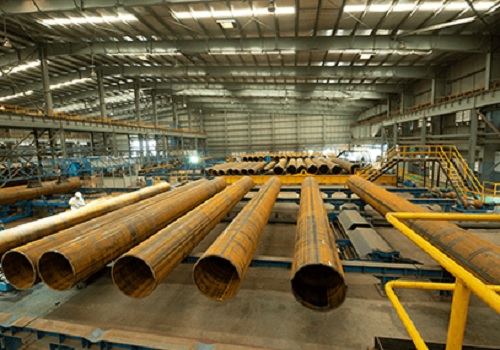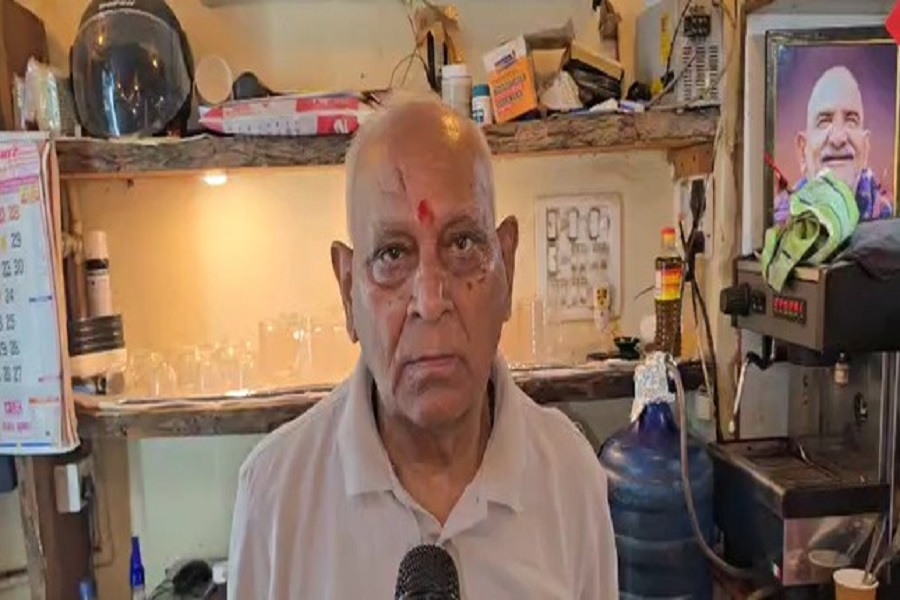India to meet 277 GW peak power demand by FY26: Shripad Naik

The Minister of State for Power Shripad Naik has said that the government has taken steps to ensure uninterrupted power supply and meet the projected peak power demand of 277 GW in 2025-26. He said the All India Peak Demand for 2024-25 (till February) was 249.856 GW, registered on May 30, 2024. However, he said this peak demand was successfully met with only a marginal gap of 2 MW.
The minister said in 2025-26, a peak demand of 277 GW is expected as per the mid-term review of the 20th Electric Power Survey. He said the country is confident to meet this projected demand with optimal usage of existing and under construction capacities. Besides, he noted that all power generation companies, including independent power producers (IPPs) and central generating stations, have been advised to generate and maintain full availability on a daily basis, excluding the period of planned maintenance or forced outage. He further said planned maintenance of generating units is being minimised during the high-demand period. Steady supply of coal to all thermal power plants is being ensured to prevent fuel shortages. Directions under Section 11 of the Electricity Act have been issued to imported coal-based plants to operate and generate power to their full capacity.
The Centre in November 2023 has proposed setting up an additional 80,000 MW coal-based thermal capacity by 2031-32. Against this target, a total coal-based capacity of 9,350 MW has already been commissioned in 2023-24 and 2024-25 and currently, 29,900 MW of thermal capacity is under construction. In 2024-25, contracts for 22,640 MW thermal capacity have been awarded, of which, 5,600 MW thermal capacity is now under construction. The hydro generation during the year 2024-25 (April, 2024 to February, 2025) was 1,39,780 million Units (MUs) as compared to 1,27,038 MUs during corresponding period of 2023-24, showing a growth of 10 % in Hydro generation. Any shortfall/variation in generation from RE Sources including hydro is handled with corresponding change in thermal generation so as to adequately meet the power demand.





















